Wine Trailblazers: Pieter Walser
In a tiny town in the Overberg, Baardskeerdersbos, there’s a tiny spider that creeps into your bedroom at night to steal your beard. Or so the legend goes. This spider is fondly known by the town’s nickname, B-Bos. On this rugged slice of coastal land, small pockets of sauvignon and semillon grow, licked salty by the wind from their perch on the edge of the world. It’s here winemaker and owner of BLANKbottle; Pieter Walser went story and grape hunting, his spidey sense tingling that he would find both.
The wine is the Blank Bottle B-BOS II, Overberg 2018—a graphic representation of Pieter’s face adorns the label, with a spider snipping away at his beard. I share this wine with him over a virtual connection; it’s how we do things these days right? The main component is that icy, tense Elim sauvignon; with that particular brightness of fruit, a reward from struggling against ocean gales. There’s also a small percentage of semillon, just giving the wine room to glide and evolve.
The story of BLANKbottle is an intriguing one itself.
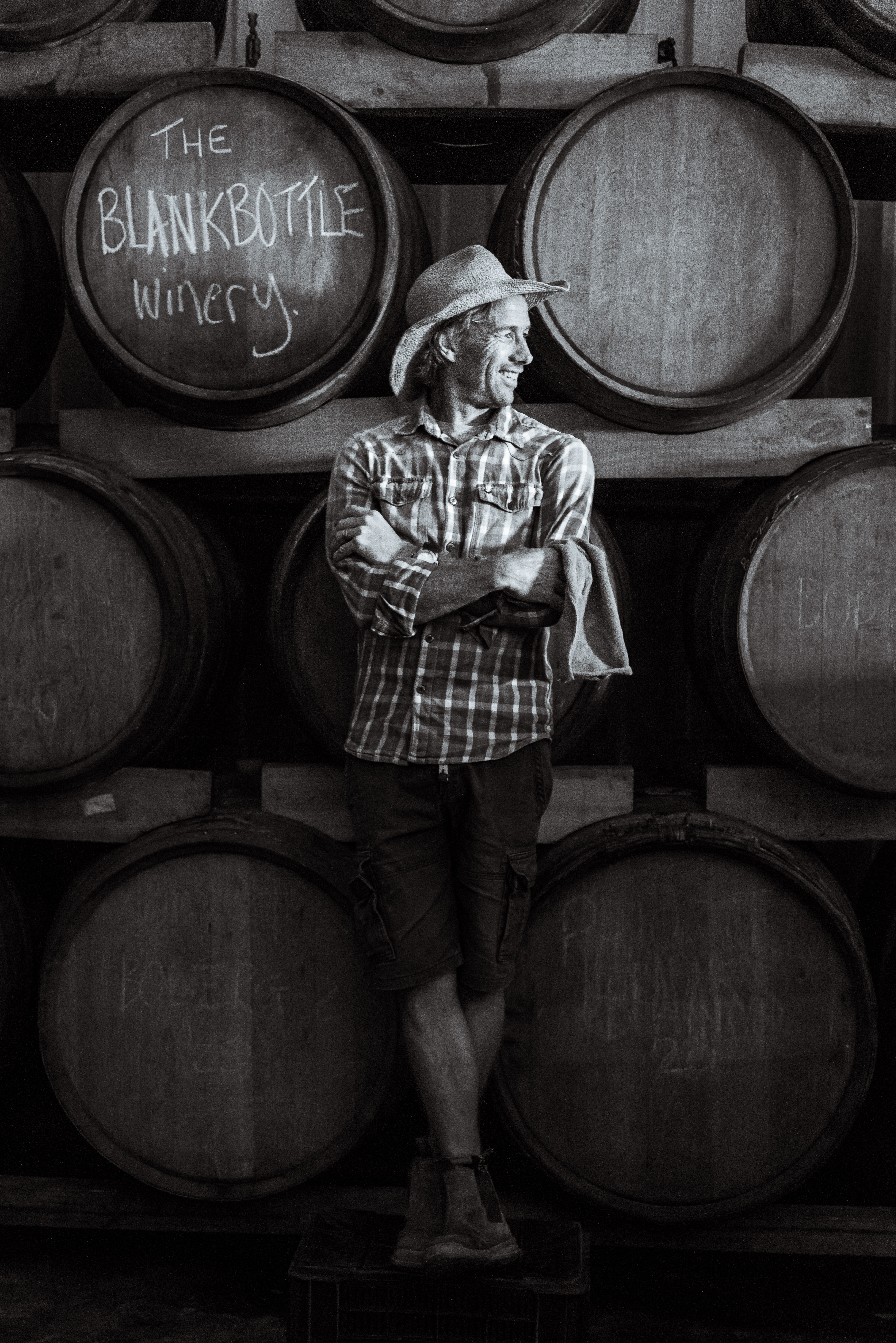
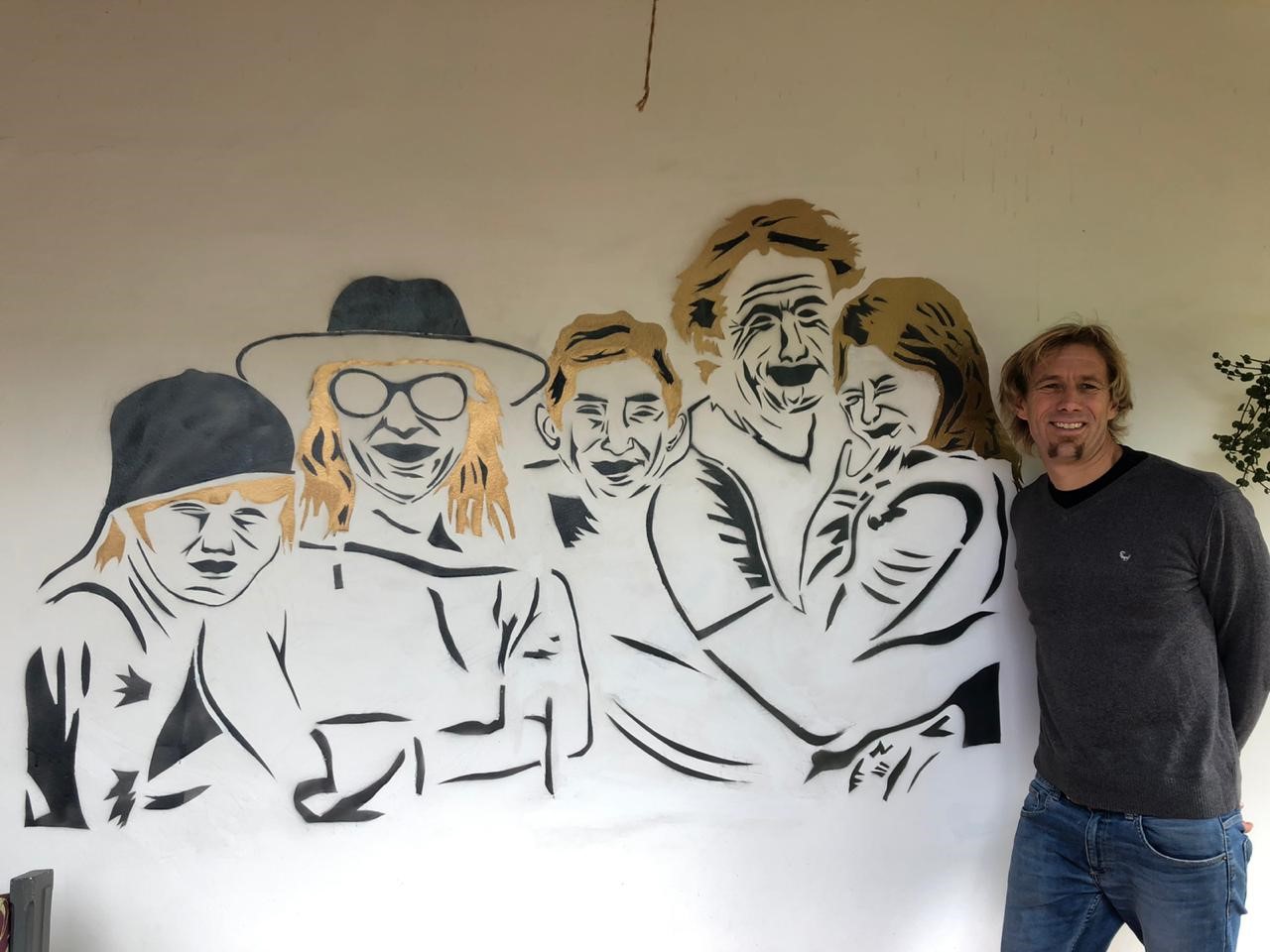
“My goal was to create an honest wine brand that had no limitations when it came to style, vintage, area or cultivars in order to break down any preconceived expectations,” shares Walser. “Having no indication of cultivar on the bottle makes this possible. Not only does it demand complete honesty when it comes to quality, but gives me the opportunity to introduce once-off limited runs of interesting wines.
“In the beginning years I made different wines every year. But as time went on, I grew attached to some vineyards and committed to making them year on year, for example Moment of Silence. At the moment, roughly 30 per cent of my productions are once-off wines. If they perform well, they stay on.”
How did the name BLANKbottle come about? “In 2004, a woman came to my house to buy wine. She asked for anything but shiraz. “I don’t drink shiraz”, were her exact words. I poured her a glass of wine. She loved it and bought three cases. It was a straight shiraz. It’s a fact – we do judge the book by its cover. So I called my wines BLANKbottle
In 2019 Walser sourced grapes from around 60 vineyards, incorporating 35 different varietals. In his last vintage release he bottled well over 40 different wines.
Young Walser grew up in Strand with no ties to farming, but for reasons not even clear to himself, he decided he wanted to go to an agricultural high school in the Boland. This path saw him dipping in and out of the wine world as much as he did the sea. Surfing is a major passion of his and one kind of barrel led to another, as he took off a year to chase waves, supplementing his income by helping out at a winery. A stint overseas followed as well as harvests in Alsace and the States.
It was while in America that a true shift took place. “I had a dream I was studying winemaking. The next morning I told my then girlfriend, now wife who was on her way to visit me from South Africa to bring the application forms from Stellenbosch University.
“In the third year at Stellenbosch I ran out of money,” says Walser. “One day I drove past a winery that had a sale on unlabelled wine. I had enough money to buy three cases.” He went on to sell those for profit—and just like that a revenue stream materialised, he kept afloat by purchasing blank bottles and flipping them. In the final year of study the nascent winemakers are required to do a practical at a winery. Walser, rather wanted to start his own. So that’s what he did. Out of a friend’s garage.
And he’s never looked back. Walser’s story is unusual in that he has never worked under another winemaker. His business now operates out of a cellar in Somerset West, and he says: “we have no rules, we have no business model, we make what we can get hold of.”
From the get-go he has designed his own labels, out of practicality (he couldn’t afford a designer). The labels were simple and straightforward.
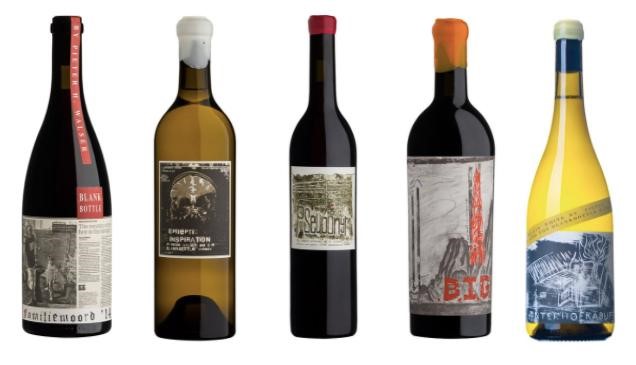
This all changed in 2013 when Walser, who has epilepsy, was off medication and had three severe epileptic fits. In his year of recovery he felt uncomfortable using a computer, and when it came time to do new labels he made use instead of scissors, paint, Lino, pencil and old paper. “I think I had a breakthrough, inspiration of epileptic proportions and so named the wine Epileptic Inspiration. I couldn’t draw as a child, and in those three fits my brain changed.”
Walser went on to immortalise this story into a film, Epileptic Inspiration shot by Theo Stewart. It so touched the judging panel at the Marseilles Film Festival, that they added a new category then and there. It was awarded the Coup de Coeur Trophy, which is a phrase used by the French to say ‘a blow to the heart’, ‘love at first sight’ or ‘falling for something’.
Another mind-bending wine is the Limbic. Walser teamed up with a neurosurgeon, and the blend was chosen by the sub-conscious part of his brain, which was hooked up to electrodes. “We started with 21 components, from 21 different vineyards, a few people, some computers and quite a few wires. My reactions such as brainwaves, blood oxygen levels, and heart rate to each of the components were then monitored, recorded and analysed.” The result is both a red and white blend, the first bottlings of which sold out almost immediately.
All of his wines have rich stories, from the vineyard, to the label and even the bottles he chooses are unique. And while some may be tempted to dismiss the Walser’s approach as ‘gimmicky’, this would be a crime against the quality of his wines, which are in huge demand the world over. In fact he’s better known in the U.K than he is here at home, helped along by top critic Tim Atkin MW who in 2016 named the Orbitofrontal Cortex 2015 as his ‘White Wine Discovery of the Year’, along with a slew of high ratings.
Walser is pushing ahead with new projects, from sourcing cab in marginal climes, to planting new vineyards and experimenting with clay pots and amphora.
“My philosophy about life is to do whatever creates freedom.
“I make wine because I love putting something on someone’s table. Like a show. A wine to entertain you, to create it so that the bottle speaks for itself, tell its own story.”
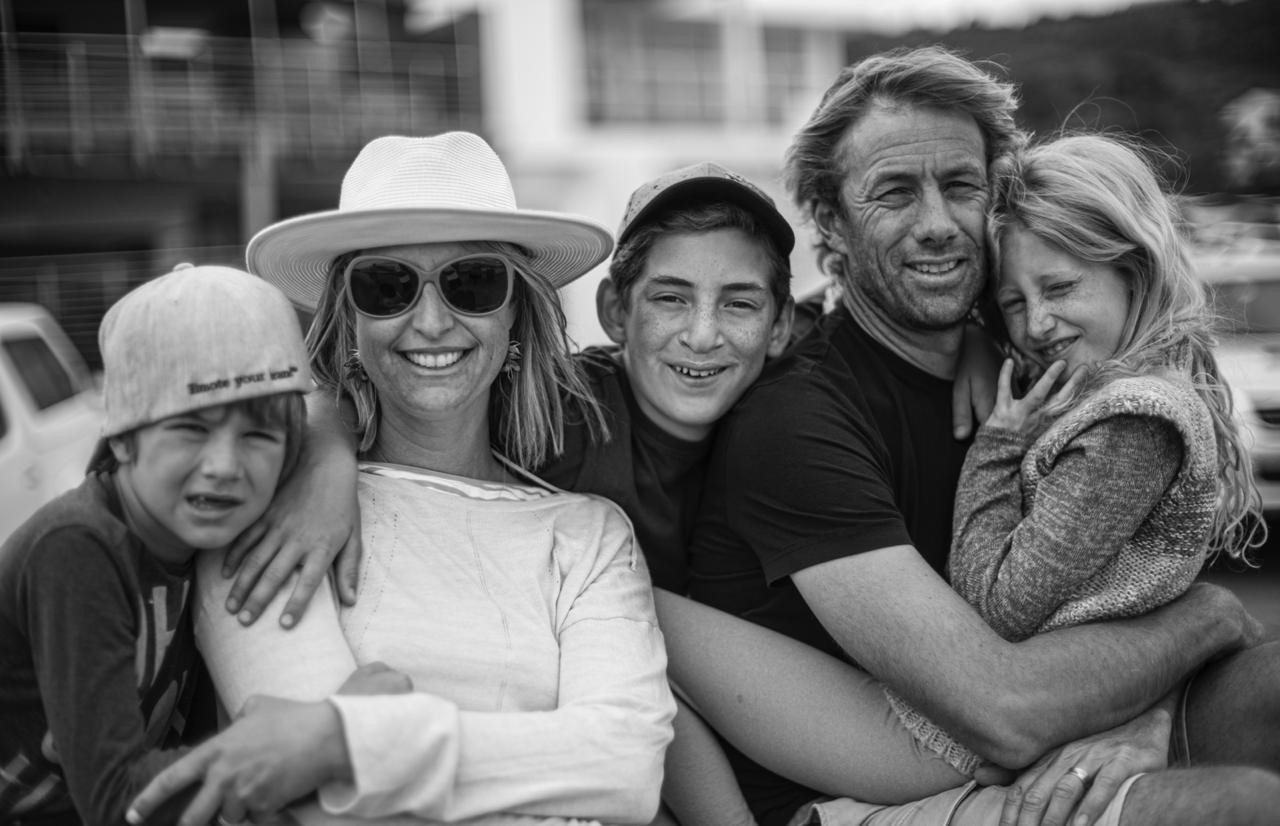
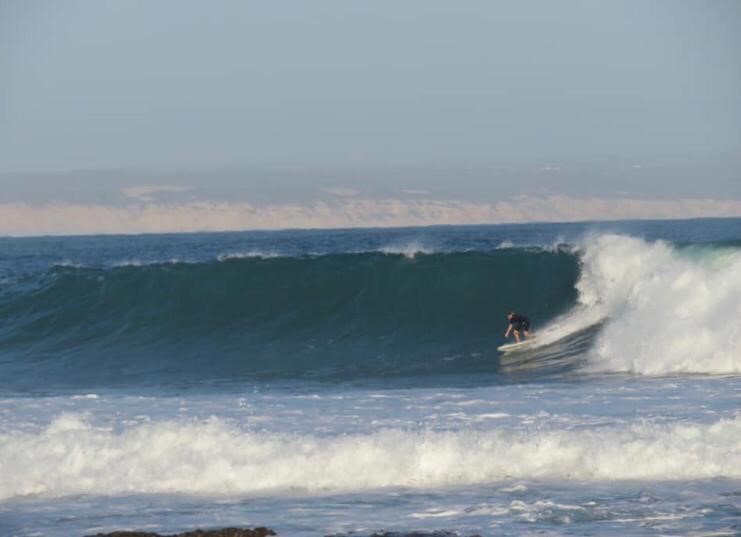
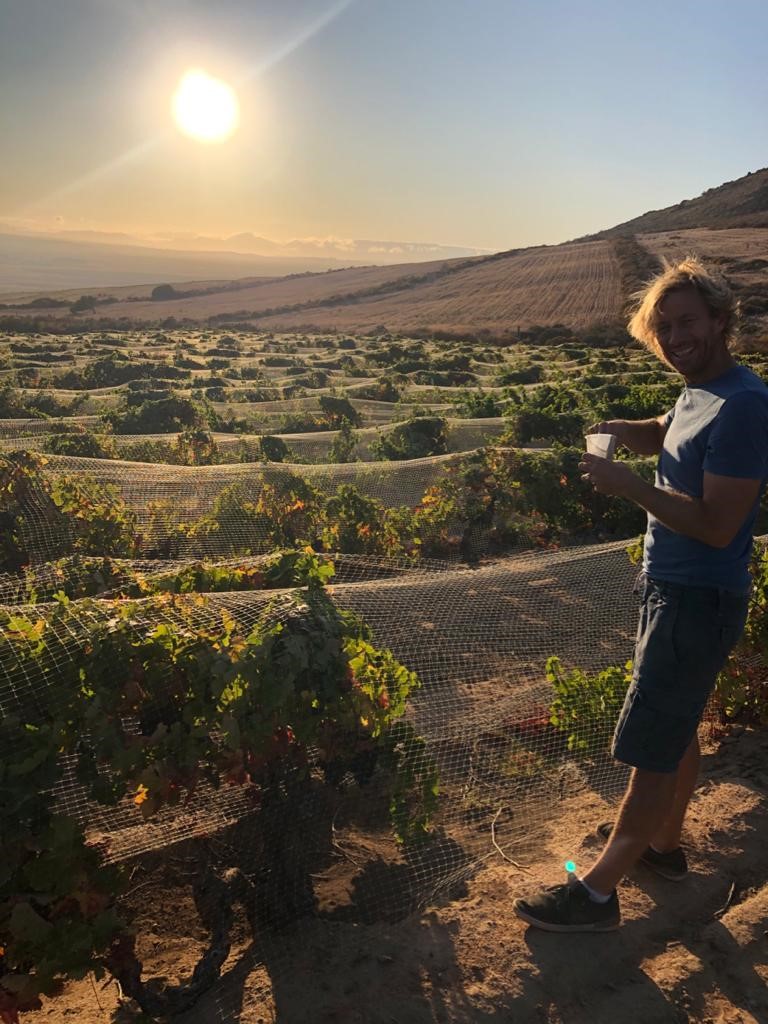
- By Malu Lambert